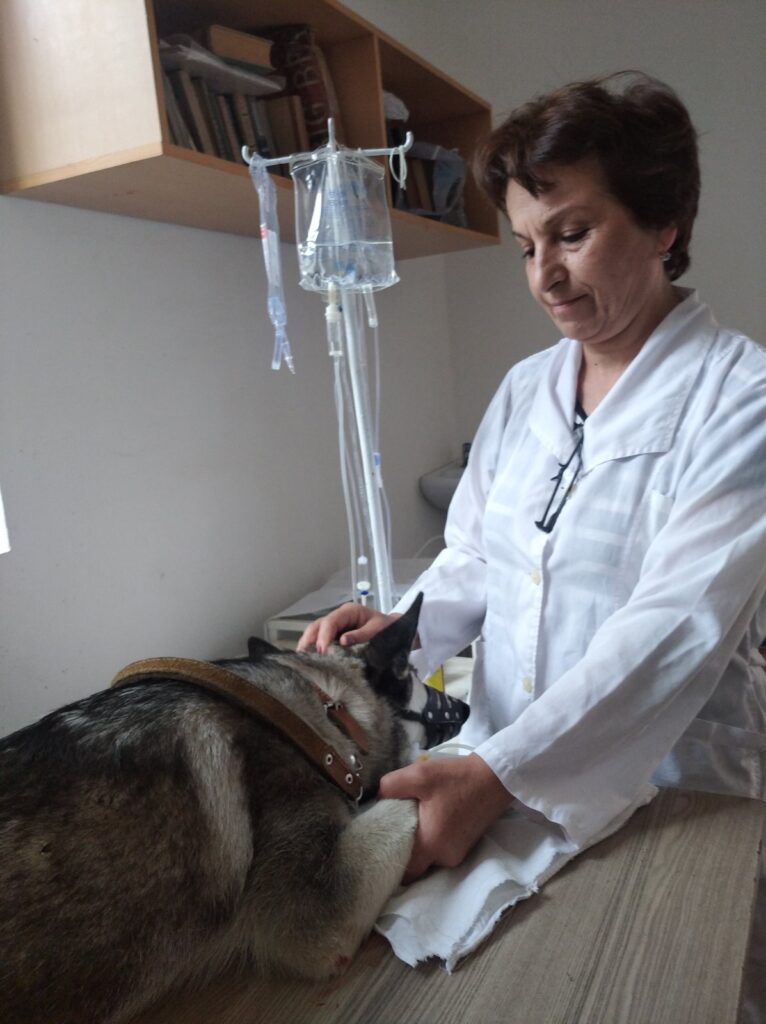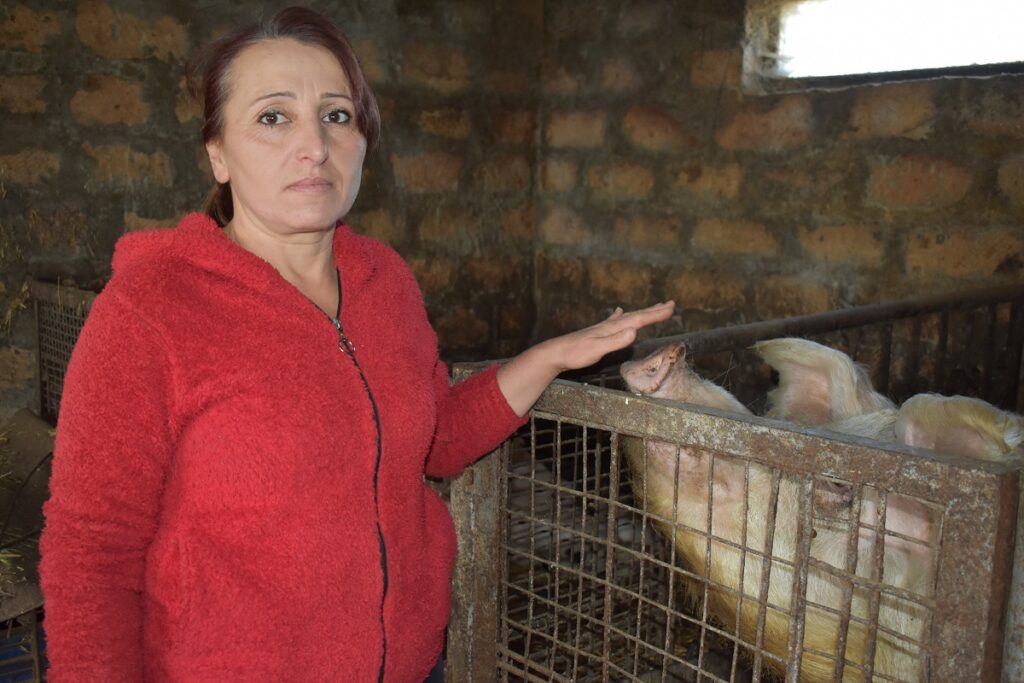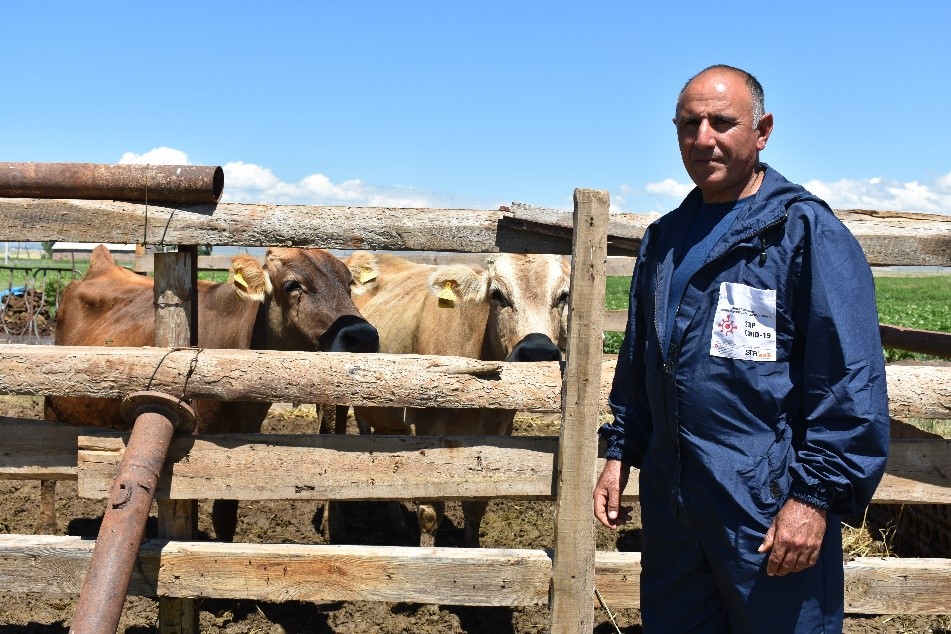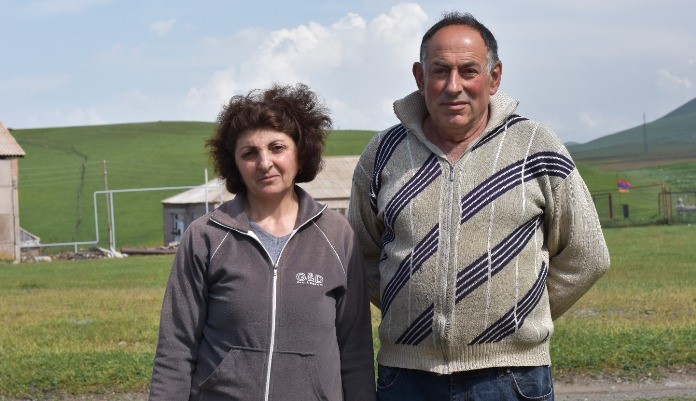The Desire To Save Lives
Born in Kapan, Syunik Region, Rima Harutyunyan dreamed of becoming a doctor since she was a child, but by chance, she became a skilled veterinarian.
Ever since I was a child, I dreamed of becoming a doctor and saving lives. After finishing school I tried to enter Yerevan State Medical University, but my grades were not sufficient and I had to make a quick choice. I decided to enroll in the preparatory course of the Yerevan Zootechnical Veterinary Institute, with the expectation of transferring to the Medical University from the 2nd or 3rd year. However, contrary to the expectations, I stayed at the same university for six years.
Due to high performance in the 2nd year, I was given the opportunity to transfer to another educational institution, but the internships organized by the Yerevan Zootechnical Veterinary Institute were so interesting that I decided to stay at the same institute to continue my education and become a veterinarian.
After graduation, I got a job at the Animal Insemination Station in Kapan as a veterinarian and insemination technician. A year later, I started working in the same institution as an epidemiologist. After some time, I joined “VaMax” company as the chief veterinarian of the farm and worked there for 10 years.
Quite complicated, but in the end it’s a very rewarding work.
In the case of humans, providing medical care is easy, which cannot be said for the animals, the work of veterinarians is more complicated. Providing medical care in the case of animals is more difficult because animals do not talk or express their pain, and even their owners often do not know what the problem is.
I, who once dreamed of becoming a doctor, became a beloved and respected veterinarian. Having worked in the field for 40 years and having treated countless animals, I founded my own veterinary center. Currently I work at the “Center for Agricultural Services” SNPO and continue to provide veterinary services in the rural areas of Kapan community. I never regretted becoming a veterinarian and devoting the best years of my youth to this profession.





















